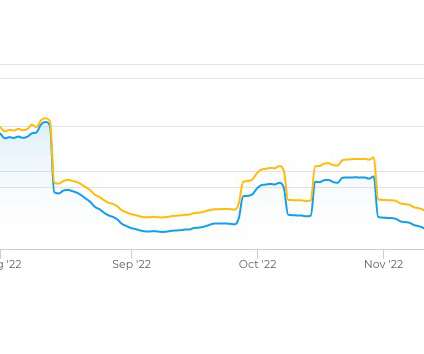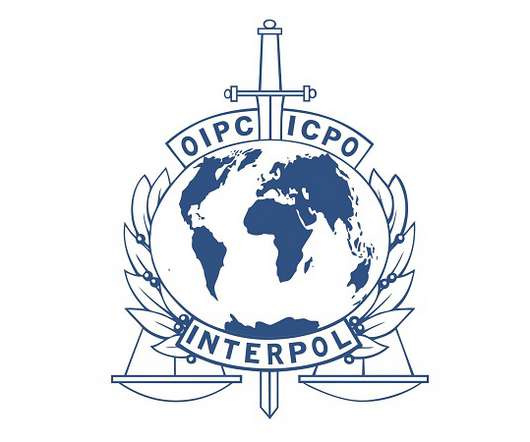Turkish Sea Turtle APT targets Dutch IT and Telecom firms
Security Affairs
JANUARY 7, 2024
Between 2017 and 2019, the APT group mainly used DNS hijacking in its campaigns. The group targets government entities, Kurdish (political) groups like PKK, telecommunication, ISPs, IT-service providers (including security companies), NGO, and Media & Entertainment sectors; Over the years, the group enhanced its evasion capabilities.














Let's personalize your content